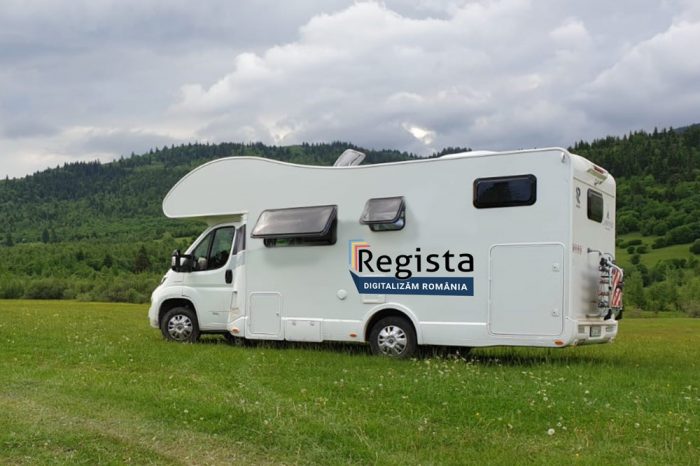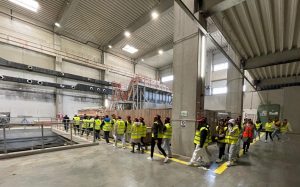Adrian Bodomoiu, GM of Wizrom Software: In the next ten years we will see an explosion of solutions addressing the needs of mobility

The distinct conditions of the past three months have stressed the role and benefits of technological tools to support business efforts and accelerated the digital transformation, both in the private and in the public environment. Over the next decade, significant resources will continue to be invested in mobility, automation and business digitization solutions.
“Customization will be one of the main trends that will mark the next 10 years: business software will be almost entirely personalized, depending on the specifics of each client, and will integrate artificial intelligence (AI) and the machine learning component. In fact, I think that in 2030 we will hardly find another company that has not implemented at least one solution based on AI ,” says Adrian Bodomoiu, General Manager of Wizrom Software, one of the leading developers and integrators of business software in Romania.
The most automated solutions and industries in the next 10 years
 In the next decade we will see an explosion of solutions that meet the needs of mobility, a dynamic that is already intensifying today. The dynamics of these solutions will be found, in particular, in organizations in the area of production, services and human resources, where even the smallest companies will choose the path of digitization, especially through accessible software, available in the cloud. New business models will be born, and existing ones will become even more competitive.
In the next decade we will see an explosion of solutions that meet the needs of mobility, a dynamic that is already intensifying today. The dynamics of these solutions will be found, in particular, in organizations in the area of production, services and human resources, where even the smallest companies will choose the path of digitization, especially through accessible software, available in the cloud. New business models will be born, and existing ones will become even more competitive.
More and more organizations will implement solutions that integrate artificial intelligence (AI) with ERP systems, thus providing the opportunity to generate in-depth data analysis in a short time, supporting the business decision-making process. In fact, the future will be marked by machine learning and AI.
Along with automation, artificial intelligence will have a huge impact on the labor market and productivity, especially due to its potential to radically transform healthcare and transportation. However, there will be a need for a paradigm shift at the level of companies in all industries, a lot of openness to the resettlement of the products they offer, the relationship with customers and their employees, but also investments in both technology and new skills.
 Business solutions will become even more customized, depending on the needs and requirements of each client, the size of the business, the locations, the business objectives, the internal way of working or the already existing technological solutions. Companies will learn to work closely with customers and potential customers, to know their specific challenges, to identify solutions with a positive impact on businesses. The personalization trend will be massively accentuated in the next 10 years, becoming an essential factor.
Business solutions will become even more customized, depending on the needs and requirements of each client, the size of the business, the locations, the business objectives, the internal way of working or the already existing technological solutions. Companies will learn to work closely with customers and potential customers, to know their specific challenges, to identify solutions with a positive impact on businesses. The personalization trend will be massively accentuated in the next 10 years, becoming an essential factor.
“In Romania, we see a potential for automation of over half of the existing companies on the market, starting from basic activities, such as accounting or human resources management, and ending with complex activities of innovation, R&D and production. Automation will not completely replace human labor, although some basic processes, previously performed by employees, will be supported by robots, and some jobs will disappear. The functions where there is the highest probability of automation are in activities related to accounting, logistics and distribution, marketing and public relations. However, other jobs and other tasks will appear, which can be performed only by people, using their specific characteristics: creativity, adaptability, ability to solve problems,” adds Adrian Bodomoiu.
Wizrom Software is one of the leading developers and integrators of IT solutions for businesses in Romania. The company develops and provides HR, payroll, accounting and management software solutions, automation in sales, production and Business Intelligence (BI). Wizrom Software ended last year with a turnover of 5.7 million euros.
Currently, Wizrom has over 3,600 active customers and 35,000 licenses installed in very large organizations (with sales of over 10 million euros), but also in Small and Medium Business (SMB) companies in almost all industries.
















